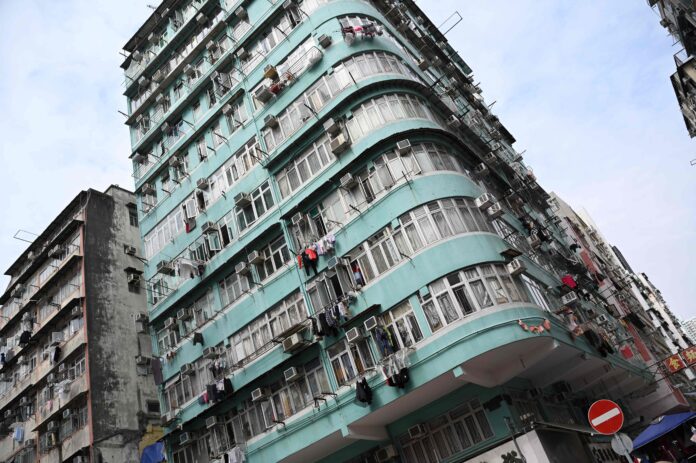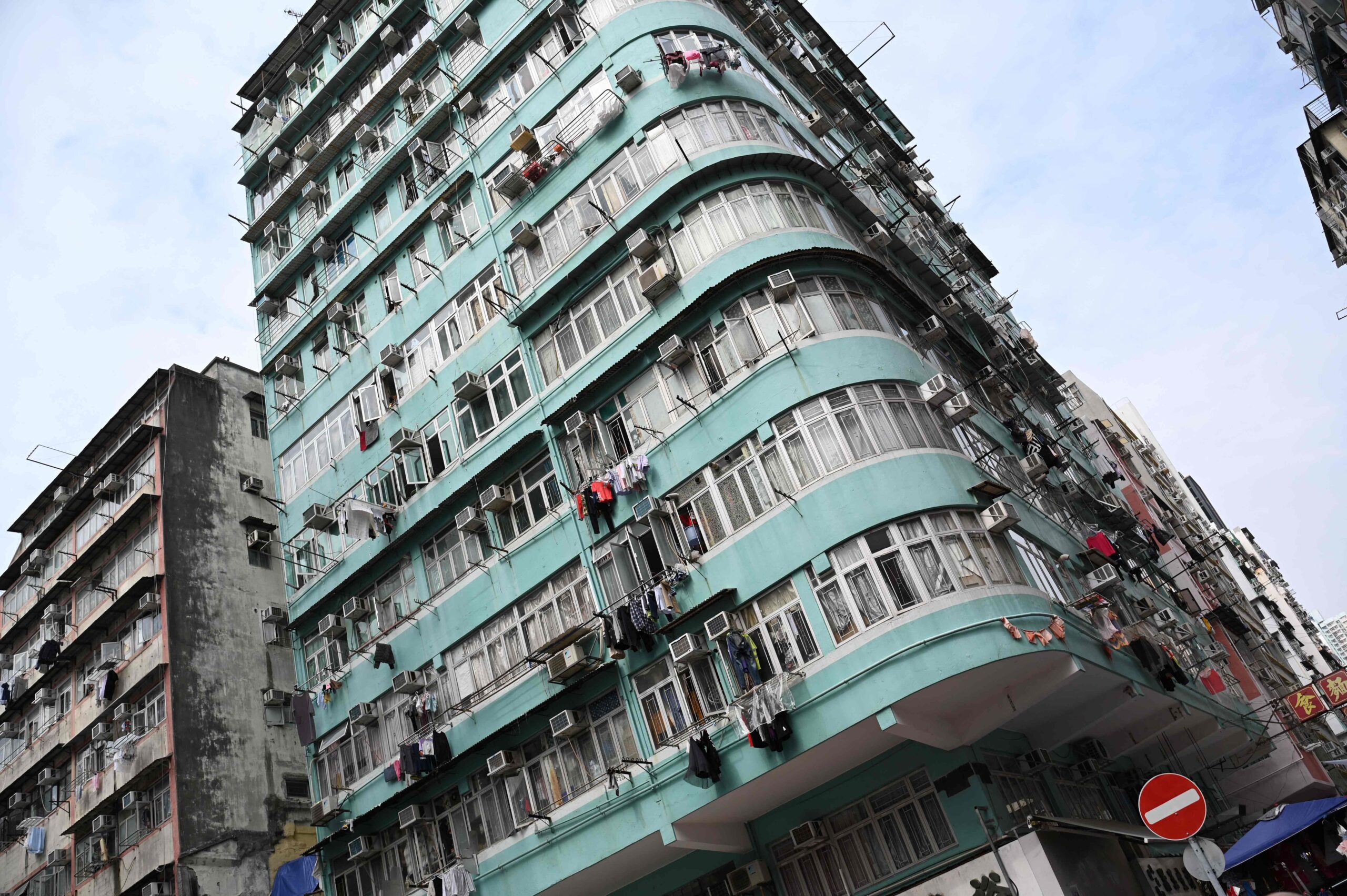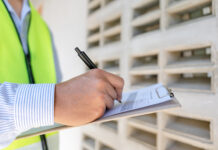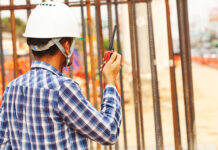
HONG KONG (AFP) – Hong Kong has axed three major property transaction taxes in a bid to revive the depressed housing market, finance minister Paul Chan said in his annual budget speech Wednesday.
The finance hub’s economy was initially buoyed by China’s post-pandemic reopening but recovery has since slowed and residential property prices are at a multi-year low.
Chan said Hong Kong would scrap three types of stamp duty with immediate effect, reversing measures introduced more than a decade ago to curb speculation and rein in sky-high property prices.
“After prudent consideration of the overall current situation, we decide to cancel all demand-side management measures for residential properties with immediate effect,” Chan told the legislature.

The cancelled taxes include stamp duty of 15 per cent of the property price imposed on buyers who are not Hong Kong permanent residents and 7.5 per cent on those purchasing a second home.
“No Special Stamp Duty, Buyer’s Stamp Duty or New Residential Stamp Duty needs to be paid for any residential property transactions starting from today,” Chan said.
“We consider that the relevant measures are no longer necessary amidst the current economic and market conditions.”
Hong Kong has long been among the world’s least affordable residential markets, but property prices have retreated.
The city was boosted by China’s post-pandemic reopening but those gains were wiped out as the nation’s economic recovery fizzled and interest rates continued to rise.
“As for residential property, market sentiment has become very cautious since the middle of last year amid rising interest rates and an external environment fraught with uncertainties,” Chan said in his speech.
“The non-residential property market was largely quiet.”
Flat prices fell seven per cent during the year and transactions slid five percent, to around 43,000.
Late last year, prices in the secondary market fell to 2017 levels — below even the worst of the pandemic, according to market data.
Hong Kong had already reduced stamp duty last October in a bid to revive the market, but the reception had been largely muted.
With Hong Kong’s currency pegged to the greenback, the city has been further pressured by the Federal Reserve’s campaign of rate hikes since March 2022, which squeezed property prices and domestic consumption.
Louis Chan of Centaline Property Agency told AFP scrapping stamp duty would bring “very positive impacts”.
“I expect the trading volume to surge by 60 to 70 per cent, with some even doubling… I expect the property price to go up by three to five percent in the second quarter,” said Chan.
“In order to save the economy, (Hong Kong) began to have its main door wide open but the question remains whether customers will come in, depending on whether Hong Kong is attractive enough and how high the investment return rate can be.”


















































